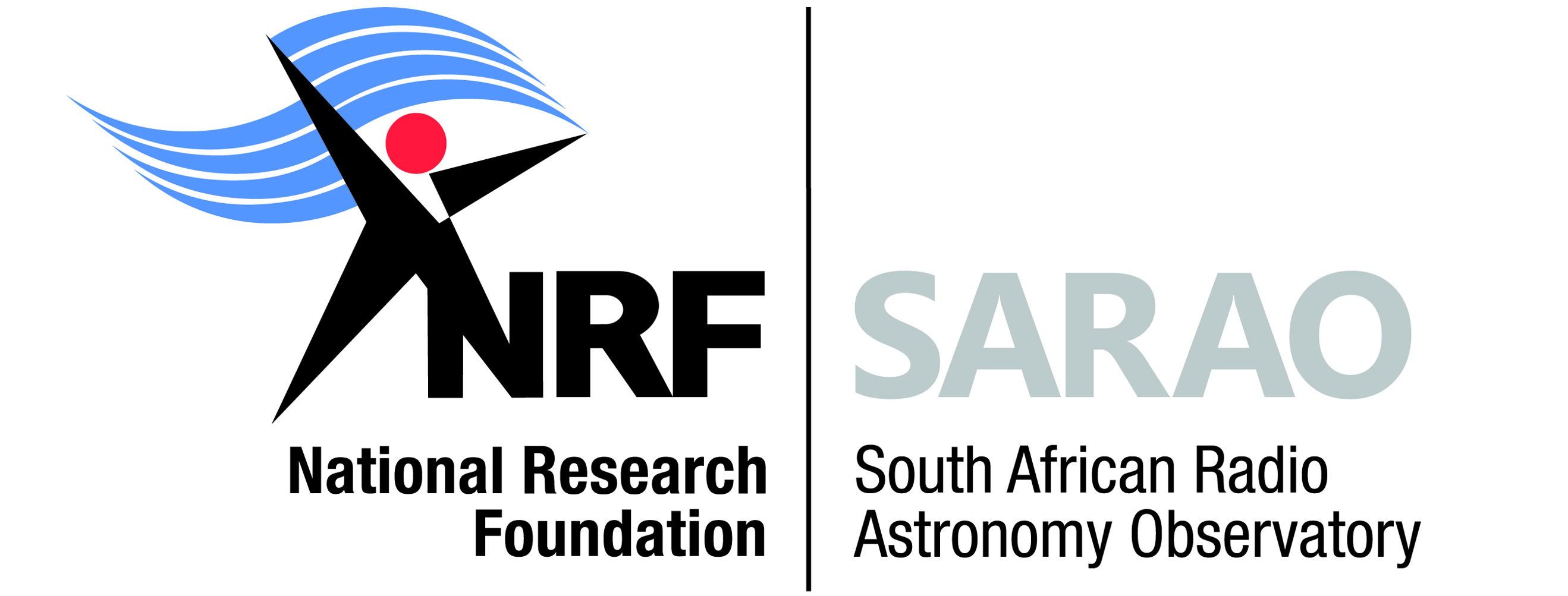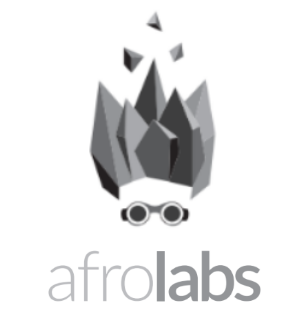Gordon Inggs
Raised amongst the penguins in Simon's Town, near to Cape Town, Dr Gordon Inggs is an otherwise well-adjusted and friendly data engineer in the City of Cape Town's Data Science Unit.
After attending the South African College Schools, Gordon took a short trip up the hill to the University of Cape Town, where he undertook an undergraduate and Masters degree in the Electrical and Computer Engineering, with a focus on distributed digital systems and remote sensing. For his PhD, he decided that he needed to appreciate Table Mountain from a new angle, and so ventured to Imperial College London, where he researched heterogeneous computing under Dr David Thomas and Prof Wayne Luk. Upon completing his PhD in 2015, he returned to work for Amazon Web Services in Cape Town, working on the Elastic Compute Cloud service. In late 2018, he joined the City of Cape Town as its second data scientist. He is still with the Council, although since 2021 he has been working as a data engineer.
Gordon lives in Bloemfontein, with his wife, Rebecca and daughter, Emma. Beyond any and all digital plumbing, he enjoys cooking and long walks.
Accepted Talks:
Clicky Maps: ill-advised cartographic visualisations
While popular, interactive cartographic maps (hereafter referred to as clicky maps) are a complex form of data visualisation, with a dizzying array of Python packages available to make these a reality. As a non-GIS specialist, I have found myself building an increasingly large and varied array of clicky maps in my work at the City of Cape Town, and so have learnt a thing or two.
Beyond describing my experiences in the form of practical best practice, I will share my thoughts on when it is appropriate or not to "spatialise". I will also demo a Python package (click-map-utils) that we at the City of Cape Town have just open sourced.
This talk will appeal to analysts who are being asked, or will be asked soon to put some data on a map. It will also be of interest to anyone who has spent too much time on Google Earth, and would like to recreate that experience, with a bit of Python in the mix.
At your service: what we've learnt doing data science at the City of Cape Town
Other than wearing lab coats for no apparent reason, the best part about having the word science in our job titles is that we can legitimately spend all of our time learning. The City of Cape Town has had a Data Science unit for over 4 years, and we would like to share some of things that we have learnt while working on behalf our residents.
Perhaps unsurprisingly, a lot of what we have have learnt is about people, which we'll illustrate using some examples from our work:
- From reforming performance targets, we learnt how data can provide vital context to decisions
- From running a turnaround program, we learnt the value of using data to illuminate trade-offs
- Finally, From the seeming end of the world bearing down on us, we learnt the real use of data-based dashboards
This is not to say we haven't learnt important technical lessons, too:
- The value of Tidy Data, and more generally, building coherent datasets
- The curse of dimensionality and how it sneaks up on you
- The simple effectiveness and resilience of pre-rendering as much as you can, so that you just have to serve up static HTML files
Ultimately though, we're civil servants, and we serve our residents. Throughout the talk, we'll try our best to convey how we think modern data analytics can and should meaningfully play a role in contemporary South African local government.
We think this talk will be of interest to anyone who is curious about how modern "tech" such as data science fits into large, public sector bureaucracy; how we have resisted doing a series of flat mountain related projects; and what we're currently most excited about.



